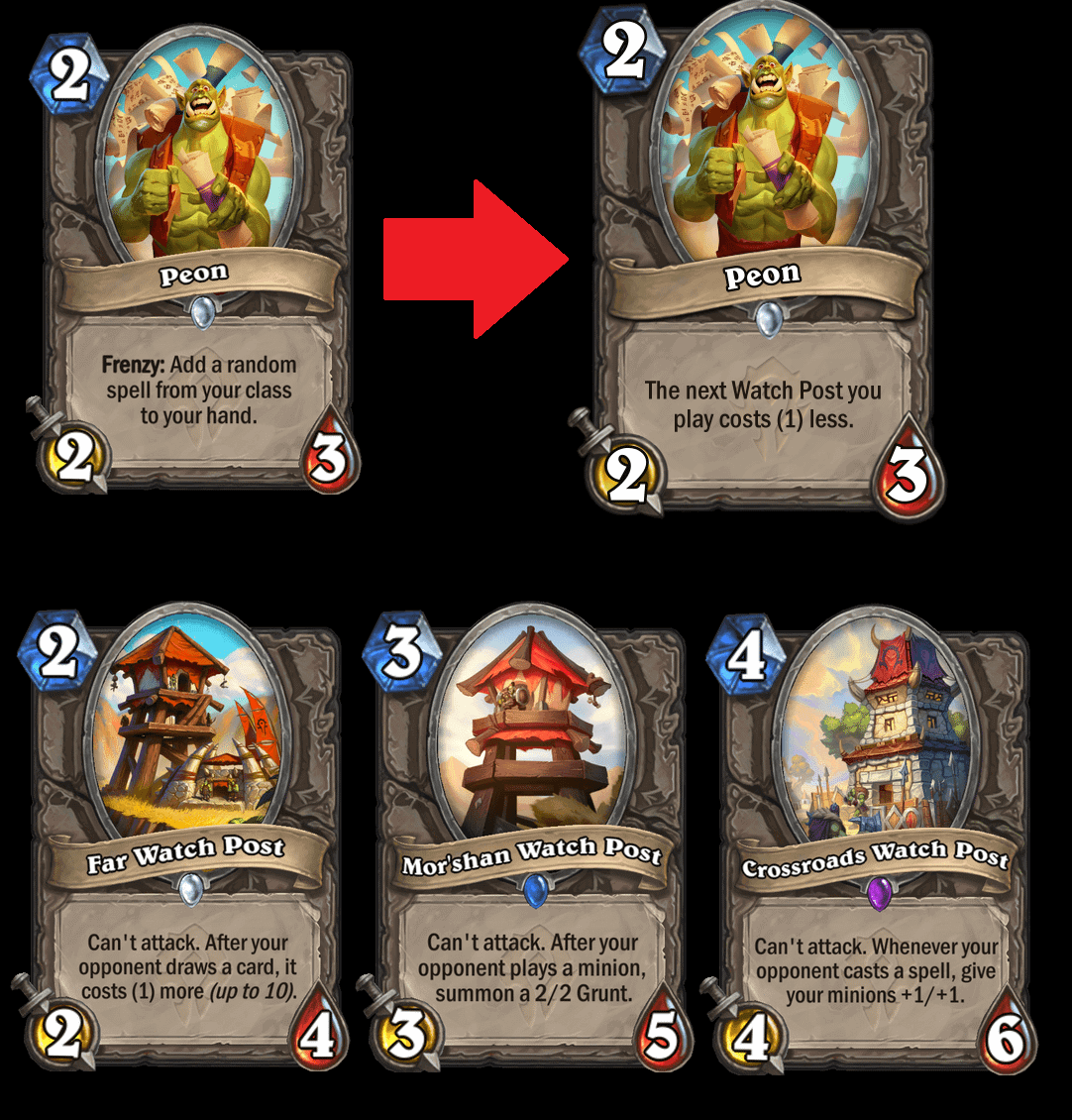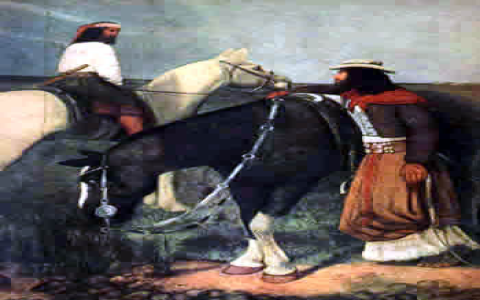Okay, so, the other day I was messing around with this idea of “peon rankings.” Sounds a bit weird, right? But I was thinking about how rankings, you know, like in universities and stuff, impact things. So I started digging into this whole mess.

First off, I hit up the internet, just browsing around to see what folks were saying about rankings. I found this one article, from, like, 2022, talking about how changes in UK university rankings affect things beyond just reputation. Interesting, huh? Then there was this other piece, newer, from this year, saying that rankings don’t really mess with how employable graduates are, but they do influence where they end up working, at least for their first job. That got me thinking even more.
Then I stumbled upon this definition of “peon” – apparently, it’s someone low-ranking and unskilled, at least in the Indian hierarchy. And finally, I found this site that ranks universities based on web popularity, using stuff like Google Page Rank. So, yeah, lots of different angles to look at.
Here’s What I Did
- Searched around: I spent a good chunk of time just browsing articles, forums, and whatever else I could find about rankings.
- Jotted down notes: Whenever I found something interesting, I made sure to write it down so I wouldn’t forget.
- Tried to connect the dots: I was looking for patterns, you know, how different sources lined up or contradicted each other.
I found the whole process pretty fascinating. It really opened my eyes to how complicated these rankings are and the many ways they can affect things. At the beginning, I thought that I would found a solid answer, but as I went deep, I found out that it’s not that easy. I think I need to do more search on this topic, but at least I got a solid start today.
Anyway, that’s my little adventure into the world of peon rankings. It might not be everyone’s cup of tea, but I thought it was worth sharing. Maybe it’ll get you thinking about this stuff, too.
















